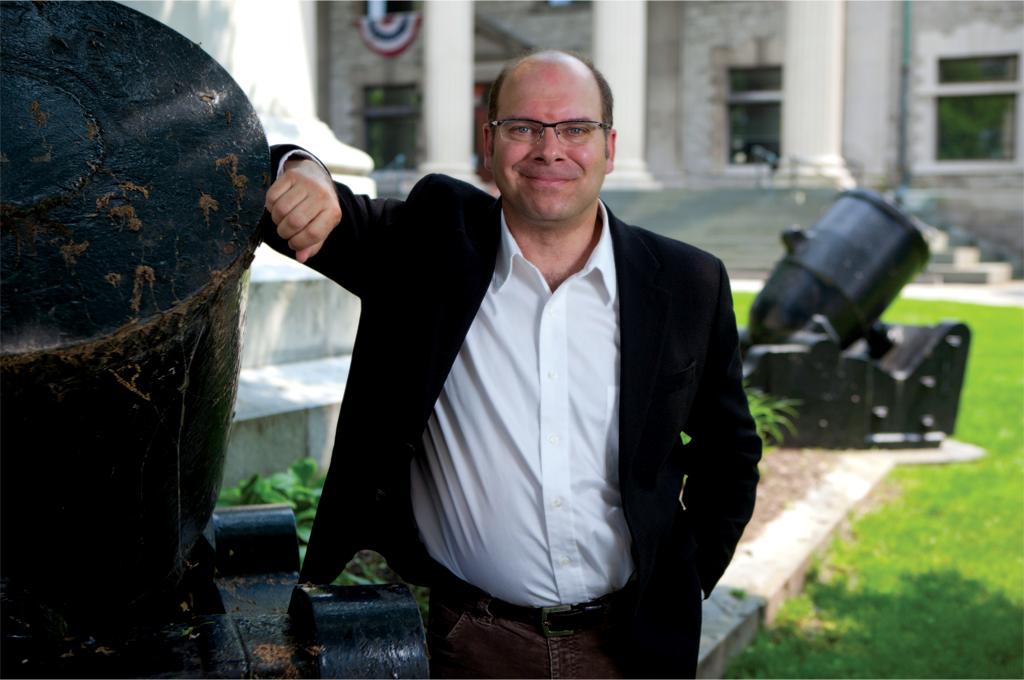
A Binghamton University associate professor of history intends, through his demographic research, to rewrite a central statistic in the canon of American history.
J. David Hacker, in a scholarly article to be published in December in the journal Civil War History, asserts that the total number of deaths during the Civil War may have been significantly higher than previously documented.
Historians have used the same data — since 1900 — that claimed a total of 618,222 Americans deaths. Hacker’s research indicates that the actual death toll was between 650,000 and 850,000 Americans, with 750,000 as the central figure.
The data Hacker compiled came from public-use microdata samples citing United States censuses.
A University press release from last week noted that Hacker studied the ratio of male survival relative to female survival for each age group from 1850-80. He established a pattern of death rates from the pre- and post-war decades, then compared that data to the war decade, 1860-70.
Historians have been using the wrong numbers because, until now, there has been no alternative estimate.
“I’m optimistic that most historians will cite the new estimates,” Hacker said. “Most historians of the war believe that deaths were undercounted.”
Hacker believes that the new death toll will change the way people look at the Civil War. This new estimate proves that the Civil War generated more deaths than all other American wars combined.
“A higher death toll, for example, implies that more women were widowed and more children were orphaned as a result of the war than has long been suspected,” he said. “The war touched more lives and communities more deeply than we thought, and thus shaped the course of the ensuing decades of American history in ways we have not yet fully grasped.”
Dr. John Daly, a SUNY Brockport history professor and Civil War expert, said that Hacker’s work is important.
“It certainly makes clear that like most numbers in history the accepted-as-gospel number of dead is built on very debatable ground,” he said. “It helps highlight how violent the era was and how much we still need to research and understand the scope of the conflict.”
Daly found one aspect of Hacker’s research to be particularly persuasive.
“The one part of the article that is very convincing is that Civil War deaths were undercounted because soldiers mustered out and then died of disease and wounds very quickly so they really were war deaths even though they were not technically in the army,” Daly said.
James McPherson, a Pulitzer Prize-winning Civil War historian at Princeton University, was quoted in the University press release. He said he finds Hacker’s research to be plausible.
“Even if it might not be quite as high as 750,000, I have always been convinced that the consensus figure of 620,000 is too low, and especially that the figure of 260,000 Confederate dead is definitely too low,” McPherson said. “My guess is that most of the difference between the estimate of 620,000 and Hacker’s higher figure is the result of underreported Confederate deaths.”
Kendall Smith, a senior double-majoring in history and political science, valued Docherty’s research.
“It is obvious that professor Hacker has done thorough research on the Civil War and census figures. While the American Civil War has never been a subject of focus for my studies, it must remain in the minds of all Americans,” Smith said. “Such a terrible conflict cannot be forgotten, ever. Whether it is 620,000 dead, 750,000 dead, or 850,000 dead, the number is still horrific.”


